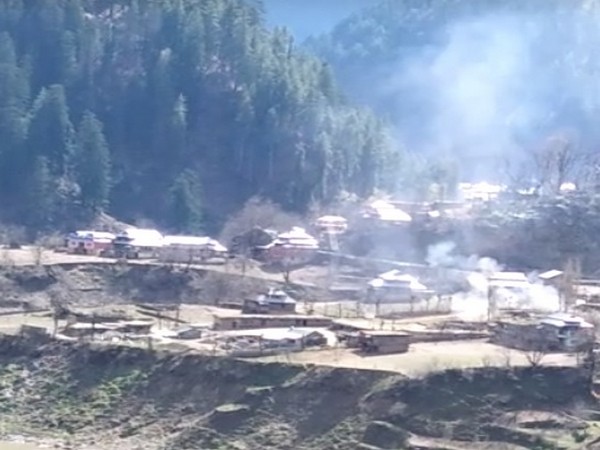
The Pahalgam attack, which resulted in the deaths of 26 civilians, including 25 Indian tourists and one Nepali national, has been attributed to The Resistance Front , an offshoot of the Pakistan-based Lashkar-e-Taiba. Investigations have revealed that the assailants, comprising both Pakistani nationals and local operatives, were well-equipped and had received advanced training, enabling them to execute the assault with precision. Forensic analyses and intelligence intercepts have traced the planning and coordination of the attack to safe houses in Muzaffarabad and Karachi, implicating Pakistan's Inter-Services Intelligence in orchestrating the operation.
In response, Indian security forces have intensified counter-terrorism measures across Jammu and Kashmir. The National Investigation Agency has taken over the probe, focusing on dismantling local support networks and identifying overground workers who facilitated the attackers. A list of 14 local militants, aged between 20 and 40, actively aiding foreign terrorists has been compiled, with coordinated operations underway in South Kashmir's Anantnag and Pulwama districts to apprehend them.
The heightened security posture has prompted militants to abandon their positions at launchpads near the LoC. These sites, previously used to stage infiltrations into Indian territory, have seen a marked decrease in activity. Notably, camps in sectors such as Leepa, Uri, Poonch, Nikial, and Khuiretta, which housed significant numbers of militants, are now reportedly deserted. This withdrawal is perceived as an attempt to avoid direct confrontation with Indian forces and to regroup in safer locations.
The Indian government's response to the Pahalgam attack has extended beyond military measures. Diplomatic relations with Pakistan have been downgraded, with the suspension of the Indus Waters Treaty and the closure of airspace to Pakistani aircraft. Additionally, visa services for Pakistani nationals have been halted, and Pakistani diplomats have been expelled. These actions underscore India's stance on holding Pakistan accountable for cross-border terrorism.
The international community has expressed concern over the escalating tensions between the two nuclear-armed neighbours. The United States has urged both countries to exercise restraint, while reaffirming its support for India's right to self-defence. China and the United Nations have also called for a peaceful resolution to the conflict, emphasizing the need to prevent further destabilization in the region.
Amidst these developments, the situation on the ground remains tense. Security forces continue to conduct search operations in the upper reaches of the Pir Panjal range, where the attackers are believed to have fled post-assault. A temporary lockdown has been imposed in Pahalgam, and additional troops have been deployed to prevent further incidents. The tourism industry, which had been witnessing a resurgence, has suffered a setback, with numerous cancellations reported and several tourist resorts temporarily closed as a precautionary measure.
